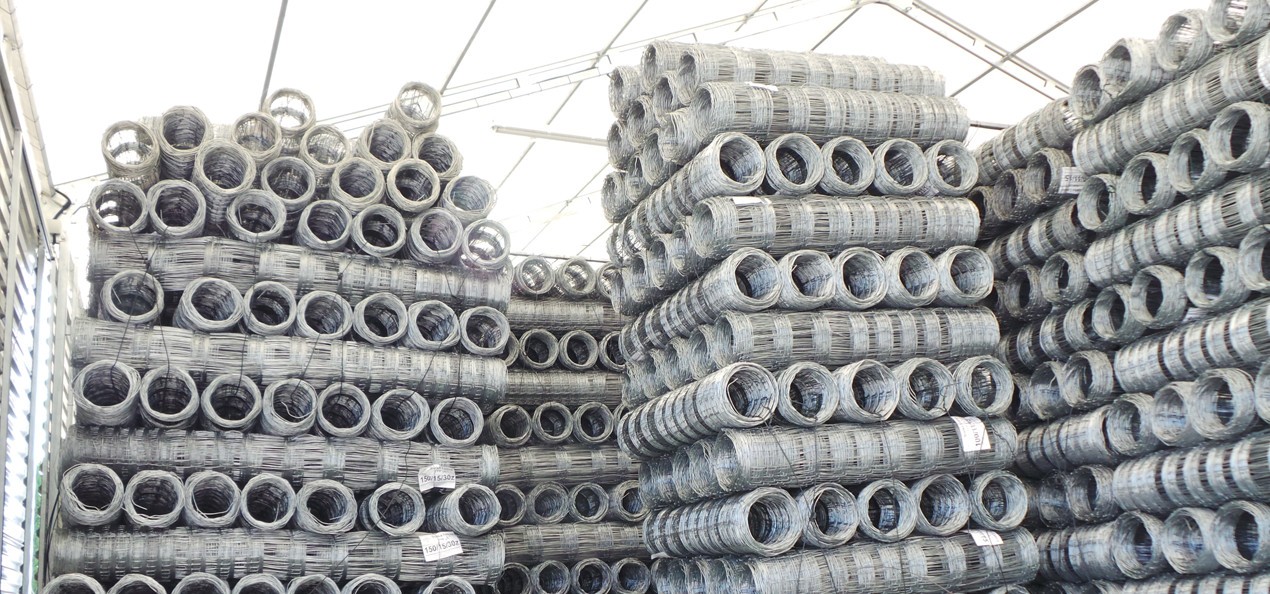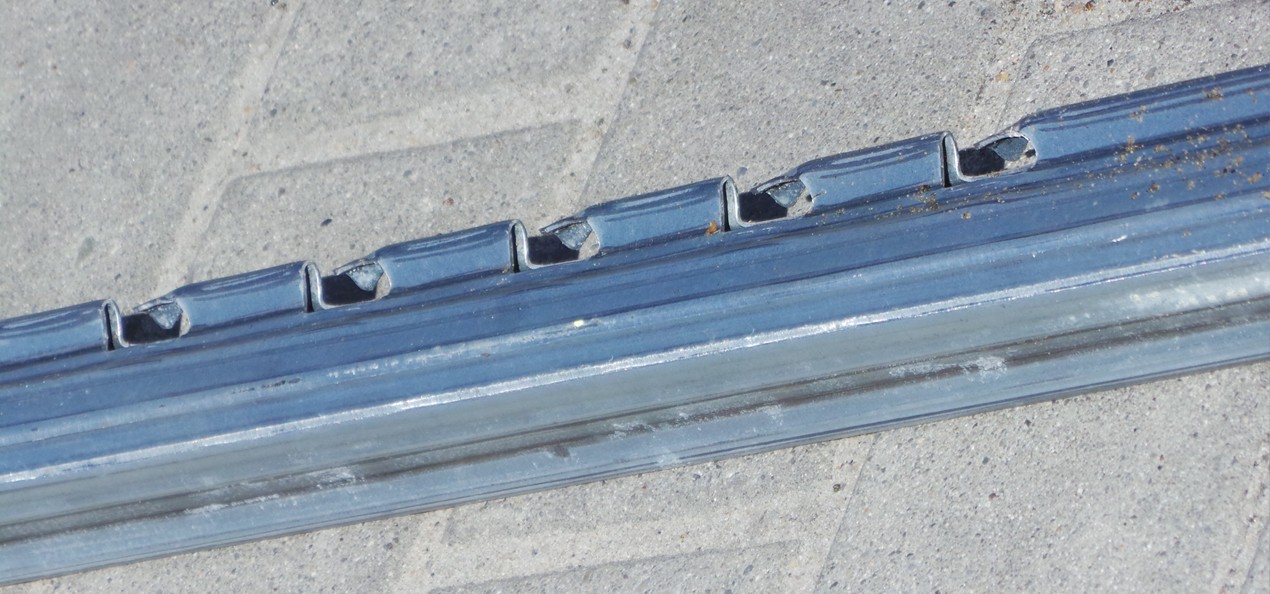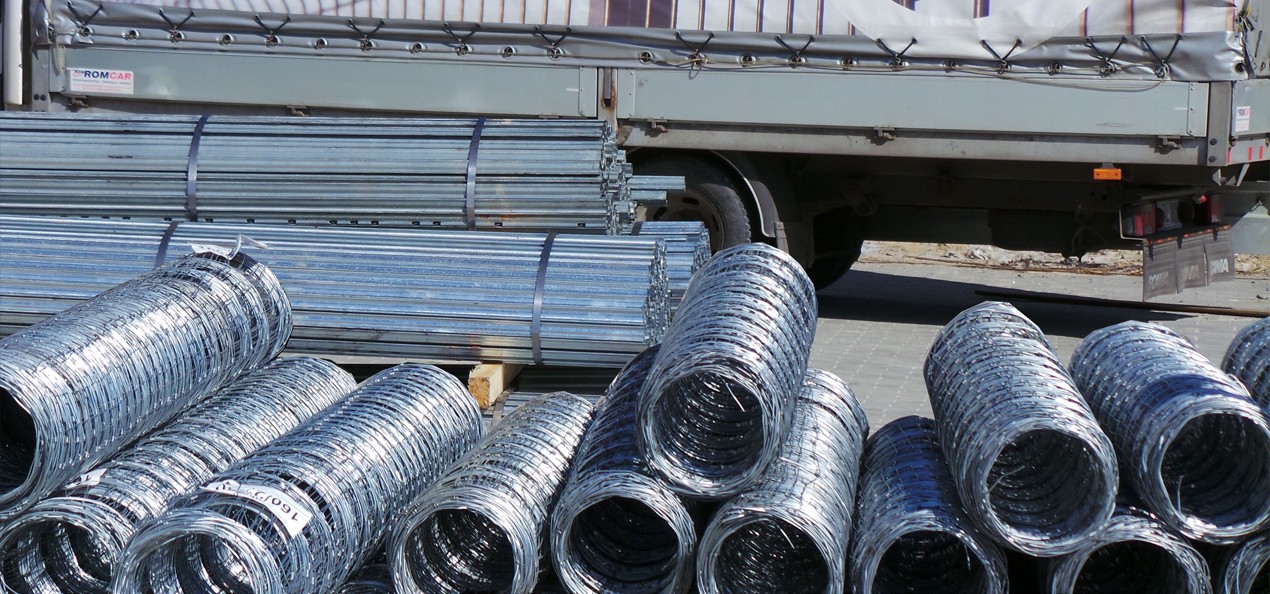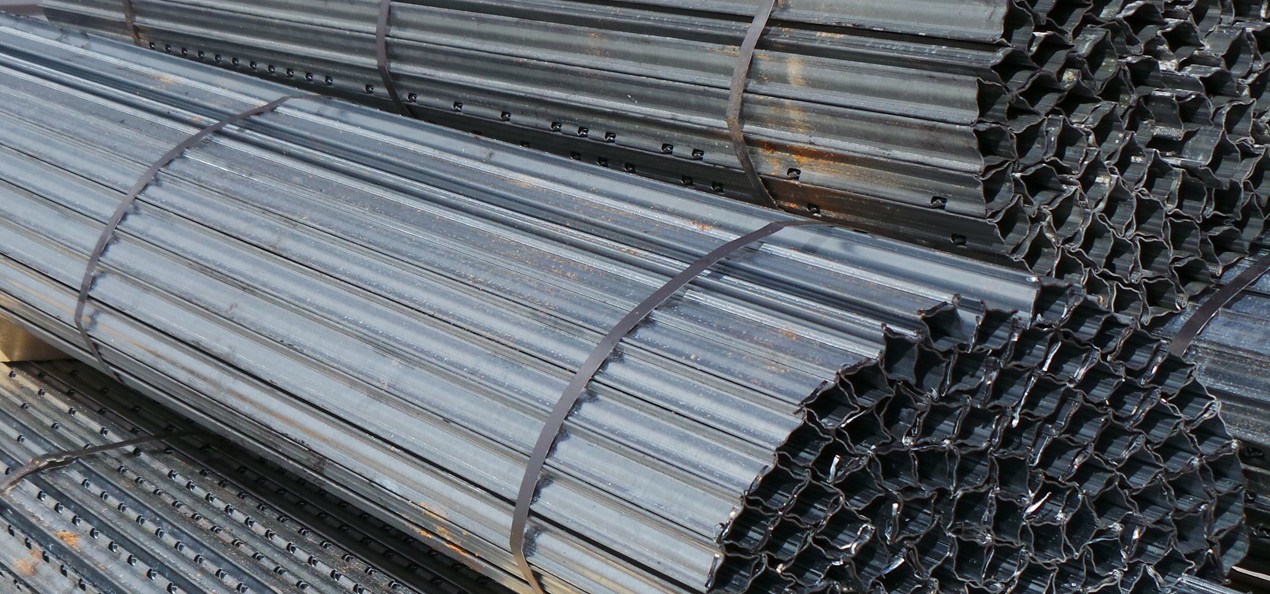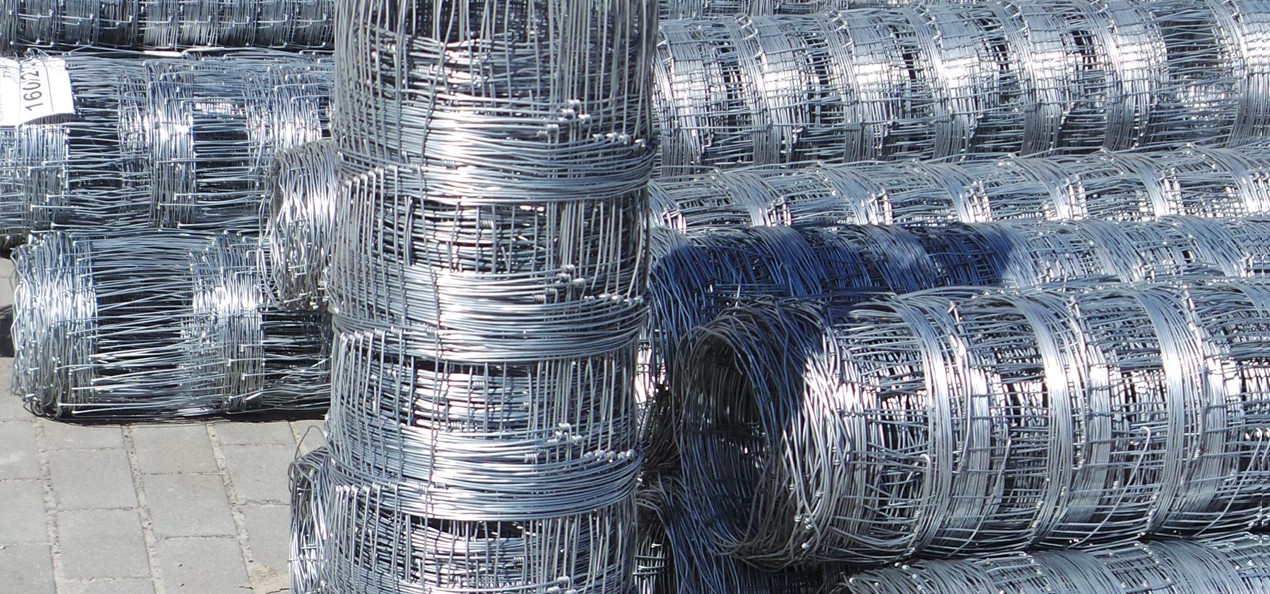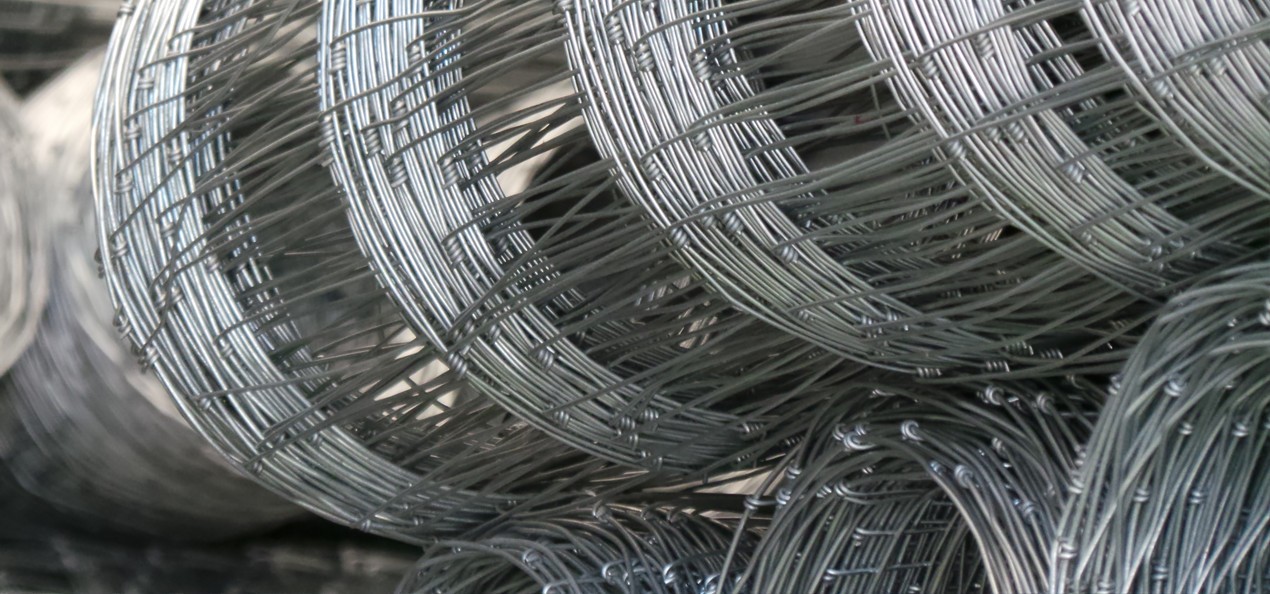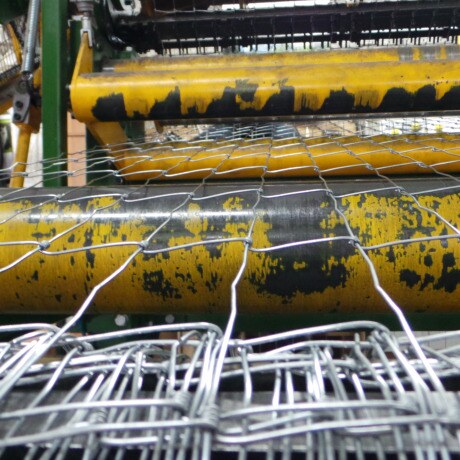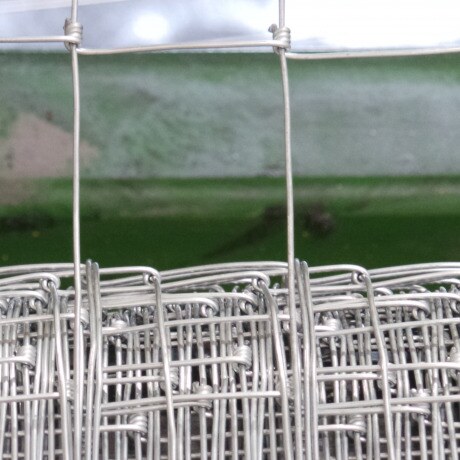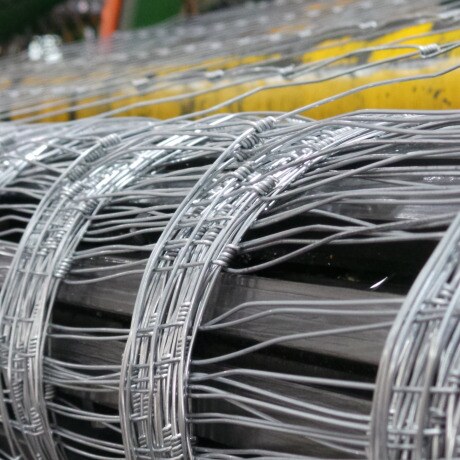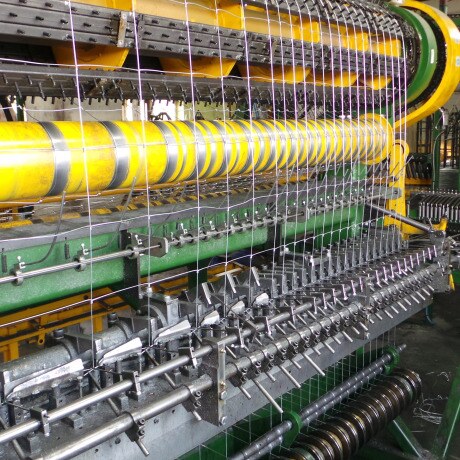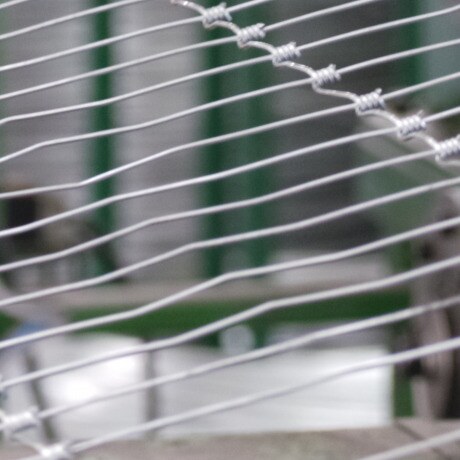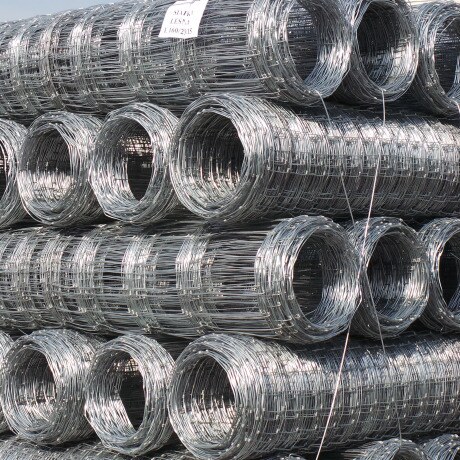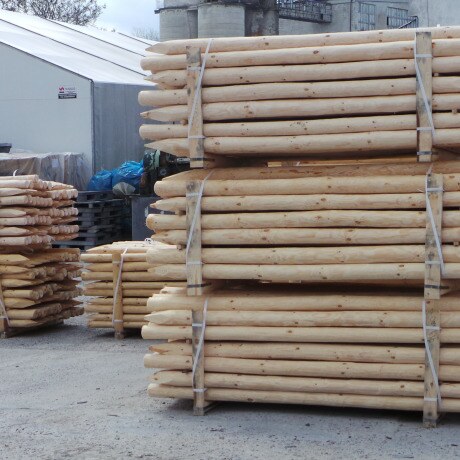Type M forestry wire mesh
The main feature of the Type M (MEDIUM) forestry wire mesh is resistance to mechanical damage and harsh weather conditions. We produce it from massive, galvanized wires with a diameter of 2.5 mm (edge wires) and 2.0 mm (others). Type M wire mesh protects forests, agricultural areas and expressways, highways and railway tracks from wildlife. It also makes it more difficult for thieves and other unwanted individuals to enter construction sites, recreational plots and holiday properties. Elastic and well-protected against corrosion, thanks to the zinc coating, our mesh has proven itself over many years.
Application
Cost-effective and efficient type M forestry wire mesh is used to protect:
- forest areas and agricultural crops,
- expressways, highways and railway lines,
- pastures and livestock paddocks,
- orchards, gardens,
- construction and recreation plots, etc.
Due to their strength, type M forestry wire meshes are used to protect areas against the intrusion of larger animals such as wild boar and deer. However, if smaller or weaker animals, e.g. hares or roe deer, pose a greater risk in a given area, we recommend our type L forestry wire mesh.
Technical specifications
The dimensions of the forestry wire mesh are described by three figures:
- the first one informs about the height of the mesh in centimetres,
- the second provides the number of horizontal (longitudinal) wires in pieces,
- the third is the distance between the individual vertical wires in centimetres.
For example: 160/23/30 forestry wire mesh is a 160 cm high mesh with 23 horizontal wires, and vertical wires with 30 cm spaces between them. We are a manufacturer of forestry wire mesh in many variants. Everyone will find what they look for in our broad product range. The standard roll length is 50 metres.
| Wire mesh type | Horizontal wire spacing [cm] |
Wire mesh height [cm] |
No. of horizontal wires | Vertical wire spacing [cm] |
Wire mesh reel length [m] |
|---|---|---|---|---|---|
| 200/25/15 |
3 × 20 2 × 15 3 × 10, 16 × 5 |
200 | 25 | 15 | 50 |
| 200/22/30 |
3 × 20 2 × 15 6 × 10, 10 × 5 |
200 | 22 | 30 | 50 |
| 200/22/15 |
3 × 20 2 × 15 6 × 10, 10 × 5 |
200 | 22 | 15 | 50 |
| 200/17/30 |
3 × 20 2 × 15 11 × 10 |
200 | 17 | 30 | 50 |
| 200/17/15 |
3 × 20 2 × 15 11 × 10 |
200 | 17 | 15 | 50 |
| 160/23/15 |
1 × 20 2 × 15 3 × 10 16 × 5 |
160 | 23 | 15 | 50 |
| 160/20/30 |
1 × 20 2 × 15 6 × 10 10 × 5 |
160 | 20 | 30 | 50 |
| 160/20/15 |
1 × 20 2 × 15 6 × 10 10 × 5 |
160 | 20 | 15 | 50 |
| 160/15/30 |
1 × 20 2 × 15 11 × 10 |
160 | 15 | 30 | 50 |
| 160/15/15 |
1 × 20 2 × 15 11 × 10 |
160 | 15 | 15 | 50 |
| 125/13/30 |
1 × 15 11 × 10 |
125 | 13 | 30 | 50 |
| 125/13/15 |
1 × 15 11 × 10 |
125 | 13 | 15 | 50 |
Type M forestry wire mesh patterns
Do you need forestry fencing mesh against boars, deer or elk? Check our convenient patterns. They will make it easy for you to choose the mesh to suit your needs. If boars are the greatest threat to the area, the fence must be massive. We offer e.g. a model with dimensions 160/23/15. The presence of deer or elk requires the use of high meshes. In such a situation, type 200/25/15 will be just the job. As long as we are not afraid of damage from smaller animals, you can also opt for a lesser, and thus cheaper, net (e.g. 200/17/30).
Installation method
Simple and quick installation of the forestry wire mesh is one of its key assets. The work requires no technical knowledge or heavy machinery. However, it must be done carefully and precisely. The first thing to do is to ensure that the mesh is properly stretched. This way, the forest fencing will fulfil its protective functions for a long time.
The forestry mesh is fastened to steel posts with mounting brackets or to wooden posts with the use of staples, i.e. U-shaped nails. The mesh is lightweight, so the maximum post spacing is 2 to 5 metres. A gallery that showcases the installation of the mesh on particular types of posts is available in the Forestry and Highway Fencing tab.






